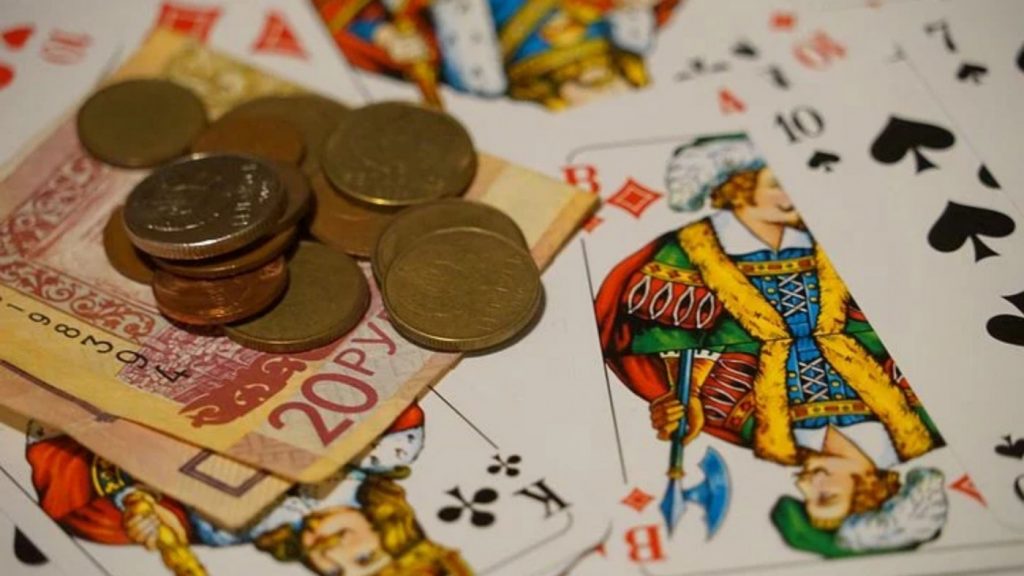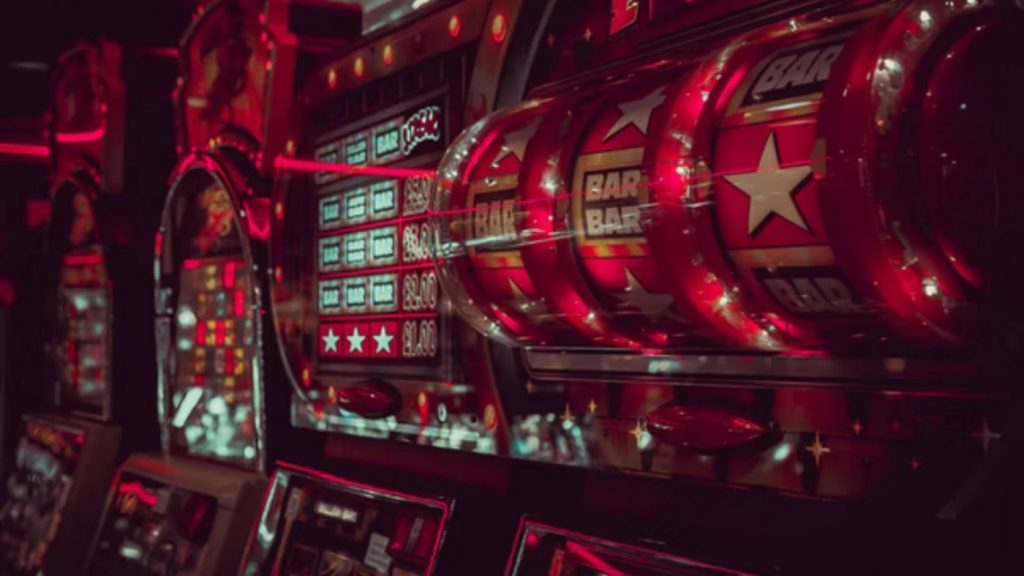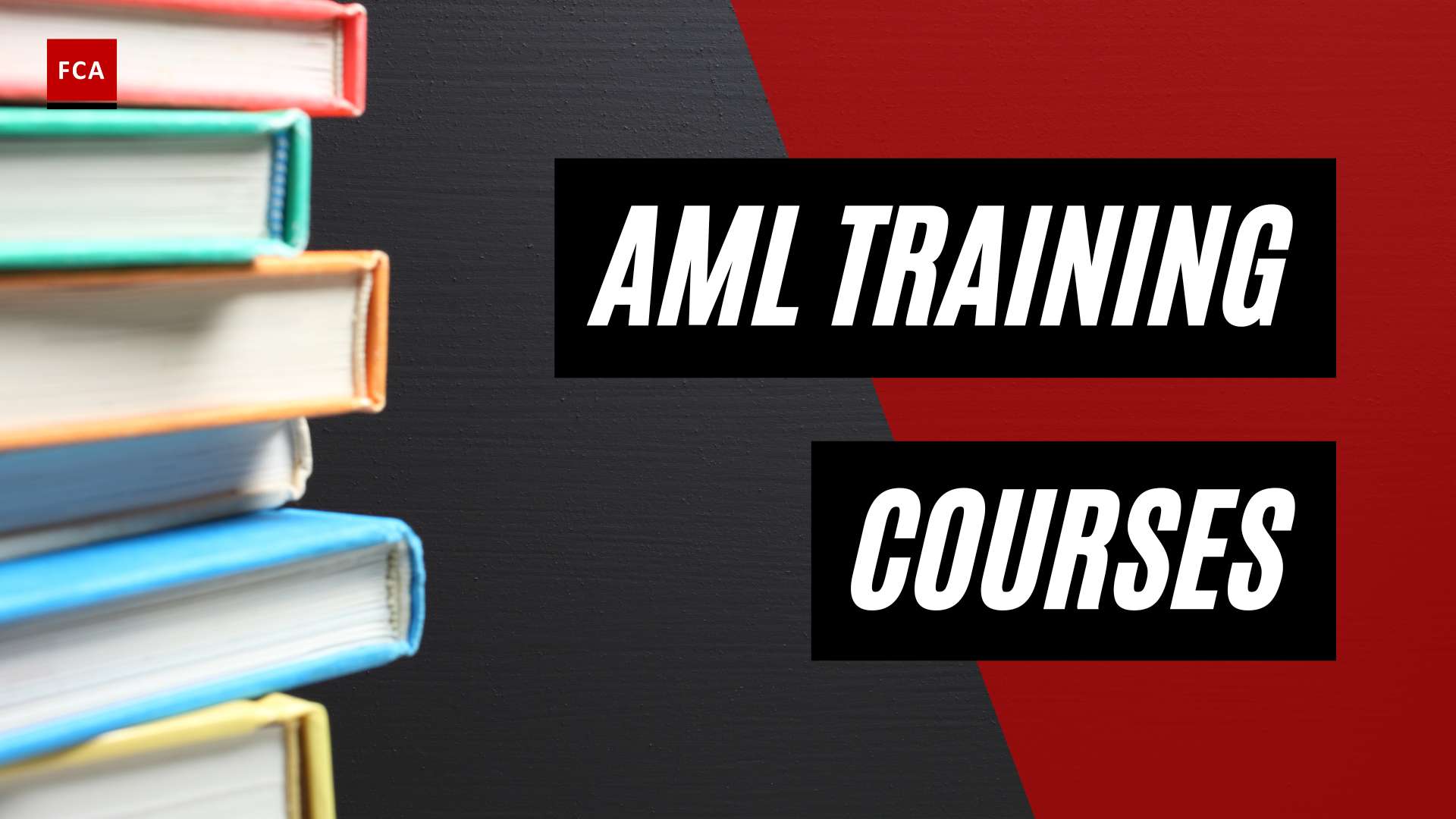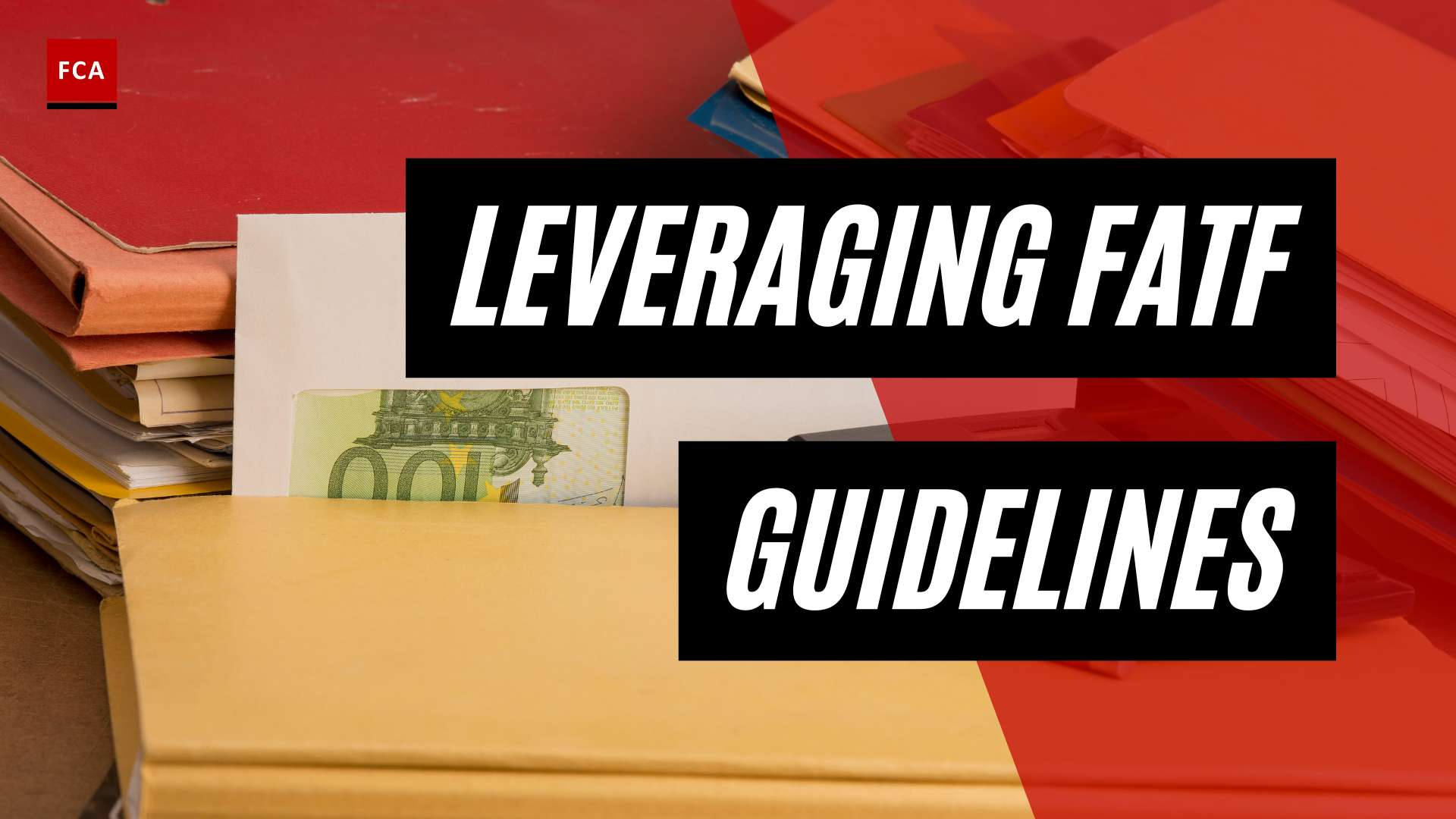In recent times, anti-money laundering legislations have prolonged reach to non-financial corporations, including developing to prevent money laundering through casinos.
Macau, a region located on the south shore of China, has forever been in the financial shadow of its neighboring city, Hong Kong. To compete, Macau legalized gambling in 1844, and in 2006, surpassed Las Vegas as the most successful gambling hub across the world. 80% of Macau’s USD 82,613.301 GDB per capita is found to be contributed through the casino industry, clearly one of the nation’s most prominent sources of funds.
The downside is that the financial success of Macau is not all good news. The Congressional-Executive Commission on China reports that $202 billion illegal sourced funds are moved through Macau each year, including money laundering through casinos.
Table of Contents
- Key Takeaways
- Why Is Macau’s Money Laundering Through Casinos Advancing?
- The Effects Of Junkets
- Pressure From Regulations
- AML In Other Industries
- Summary
Key Takeaways
- Casinos are an attractive industry for money launders to use for illicit movements.
- Junkets are highly prevalent in Macau, driving up to 70% of casino sales and allowing gamblers to move funds through international bank accounts before withdrawing it.
- The DCIJ and FATF have created recommended standards for casinos in Macau.
- Regardless of where they are located, casinos have the responsibility of following AML laws and due diligence procedures.
Why Is Macau’s Money Laundering Through Casinos Advancing?
Casinos are known to be high-risk areas for money laundering activity and other financial crimes. Casinos are highly reliant on cash exchange in a very competitive industry and deal with large crowds flowing in and out nearly every night of the week. Frequenting gamblers expect mostly private interactions, and visitors often use foreign bank accounts to engage. Subsequently, casinos have made themselves an eye-catching industry for money launderers looking to turn illegal “dirty” money into clean funds.
In March of 2016, New York’s Federal Reserve Bank saw USD 101 million stolen from an account in Bangladesh’s Central Bank branch. Approximately $81 million of this was laundered through Philippine casinos overseas.
The Financial Action Task Force (FATF) is the leading organization working to fight international financial crime and has watched the casino industry for many years now. In 2003 already, the FATF’s protocols on AML and counter-terrorism financing (CFT) had been extended to reach non-financial institutions, including casinos. Following this, in 2008, the FATF created specific guidance tips for casinos to evaluate their risk level and be able to work in opposition to money laundering concerns.

The Effects Of Junkets
Junkets, or the casino tourism processes that offer traveling guests transport accommodations, places to stay, and meals, have been highly prevalent in Macau. These junkets often target wealthy or VIP gamblers, getting them premium payments and high rates, which only causes further obstacles for money laundering prevention.
Junket customers have been linked to upwards of 70% of casino customers in Macau. For gamblers, it is relatively easy to deposit gambling funds to junkets located in China’s mainland and later access those funds from Macau. Later, they can deposit their winnings in either US or Hong Kong dollars, moving them offshore to another account.
The Asia-Pacific Group on Money Laundering (APG) warned in a 2017 report that junket operators are not well researched, and concessionaries or sub-concessionaries do not have a complete awareness of their movements. Although these concessionaires may understand AML risk and their obligations accordingly, they oftentimes do not yet understand the whole picture or rather look the other direction. However, junkets located in Macau have to request a license of operation from Macau’s Gaming Inspection and Coordination Bureau (DICJ) and are also subject to any implementations regarding the AML or CFT protocols.
Pressure From Regulations
The DCIJ has recently increased requirements for all three of the casino ranks obtainable in Macau, concessionaire, sub-concessionaire, and junket promotor. Crafted in coordination with FATF recommendations, these requirements include:
- The need to retain daily records and hire a compliance manager.
- The need to complete customer due diligence (CDD).
- A necessity to report and identify any large transactions, including the identity of the payee.
- Regarding all politically exposed persons (PEP’s), the monitoring, authorization, and identification of accounts.
- The obligation to report suspicious transactions to the CIDJ.
- A commitment of joint liability between casino organizations and junkets to comply with all regulations.
Additionally, concessionaires and sub-concessionaire tiers of casinos face more obligations to conduct any business associations with junket promotors. Concessionaires and junkets are responsible for working together to implement all AML regulations and preventative measures. The perception of joint liability means that the shortcomings of the junkets will directly affect the risk-management duties of the casinos. To explain, the DICJ conducts regular reviews on all casino tiers.
In recent years, Macau has seen that there is a more rigorous approach in licensing procedures and on the supervision of junket promotors, which are also subject to AML obligations and enforcements. From 2013 to 2019, the number of certified junket promotors has decreased from 235 to about only 100. When these new requirements were brought forward in 2016, putting additional costs and pressures onto the casinos, Macau faced a five-year low while facing increased Southeast Asia.
Revenue specifically generated from VIP gamblers in Macau dropped significantly in 2016, thought to be due to increased corruption regulations in Mainland China. This allowed newer casinos located across Southeast Asia to see a rise in customers and revenue. Junkets have seen a similar scenario, with new junket tier casinos in Cambodia and the Philippines earning at least $1.4 billion in USD from 2017 alone.
In response to this, Macau’s junket operators have expanded on their gaming operations and events to other geographical locations, including South Kora, Vietnam, and the Philippines. Macau’s biggest junket operator, Suncity, recently announced a new casino opening in Vietnam worth upwards of $4 billion. Macau is also considering expanding branches into Cambodia and Japan in one of its subsequent investments.

Some of the new gambling hubs worldwide are becoming breeding points specific to AML risks, bringing challenges of inadequate governance over the casino actions and feeble borders of high-risk nations for illegal money movement. This opens up the opportunity for casino laundering when countries expand their gambling doings into other countries and allow the foreign exchange of funds. This makes the obligation of identifying beneficiaries even harder, which is continuing to increase the risk of casino money laundering.
The risks Macau poses for AML regulations concerns governments across the globe. A US state department report recently advised that the Macau government should aim to strengthen its regulations to prevent casino laundering.
AML In Other Industries
Across many trades, we are beginning to see more substantial AML protocol obligations for businesses outside of the financial world. These industries are reliant on complete and recent databases that offer up-to-date information that allows casinos to complete the requirements. In other words, these industries can only excel if they have the right technology available to them.
For a business reliant on customer satisfaction, a smooth customer experience is crucial to its success and directly relates to the casino’s revenue. Casinos are responsible for ensuring that due diligence protocols and regulations are met while still fulfilling their customers.
Summary
With the continues rise of casinos globally, AML regulations will continue to be tightened worldwide to keep up with the increasing money laundering risks. Casinos have to comply with applicable AML laws and regulations, and regularly assess their due diligence procedure in order to maintain their status as a legal gambling corporation.
Casinos across the globe, and more specifically in Macau, can’t take a risk on financial crime. These organizations can see remarkable benefits by following the AML steps and maintaining a healthy reputation across the industry by protecting against financial crime.









